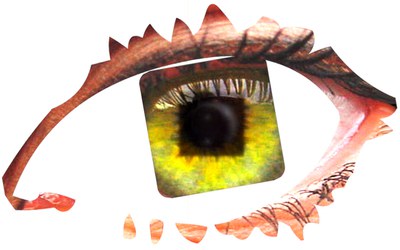Summer School
| When |
Jul 01, 2000
to
Jul 31, 2006 |
|---|---|
| Where | London |

Aim: To develop informal learning for digital creativity through student video production.
Reflection: The project and its many preparatory events provided me with the opportunity to discover the potential for alternate genre and media for young people to communicate ideas. Later workshops showed that this also suited adults. This provided a basis for adoption of the patchwork media model in work-focussed learning.
Contribution: My role was to prepare the ground for understanding what could be achieved with new digital creativity tools and help articulate this in collaboration with colleagues in Ultralab, and when the Summer School project took off, to observe its results and feed them in to subsequent work. My part: 10% (with Stephen Heppell, Matthew Eaves and others)
Originality, impact and importance: his approach had been a hallmark of Ultralab's approach to new digital media since the early nineties, but was refined to include unique and key features of student-led creativity and mutual celebration, including the production of a DVD with all the outputs. This DVD was widely circulated to make impact on the children's creativity community. I am particularly proud of having led the Summer School with youth groups in Belfast. This was held in the week leading up to the 12th July parades which were catalysts for trouble. Our colleagues in Belfast pointed out that we had successfully retained the interest and celebrated the talent amongst teenagers collaborating from both sides who would otherwise be engaged in building bonfires..
This digital creativity project invited students to make short films on the basis of a themed challenge. Each year, young people in small groups from schools in the south east of England took part in their summer holidays. A one-day kick off meeting in Ultralab set the scene and familiarised them with the equipment and video-editing tools process. A second day was used to polish and present in friendly circumstances before taking over the theatre in the V&A in London to exhibit all the work to a wider audience, often including television executives. Finally Ultralab prepared a DVD which was distributed widely to disseminate the work.
This project could not have taken place without many years of experimentation with digital tools and many one-off workshops with the schools we invited to join us in Ultralab, and later, the extension of the project to international (Thailand, Scotland and Northern Ireland) and other age groups.
All of this experience set the scene for the Input CBBC project, in which the Children's BBC channel investigated the conditions under which children's work might be sought for broadcast.
(Words: 484 )


